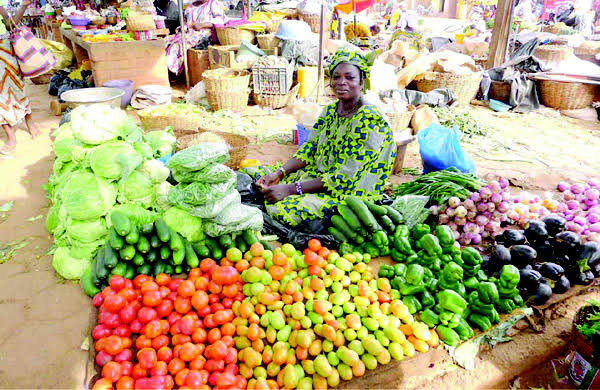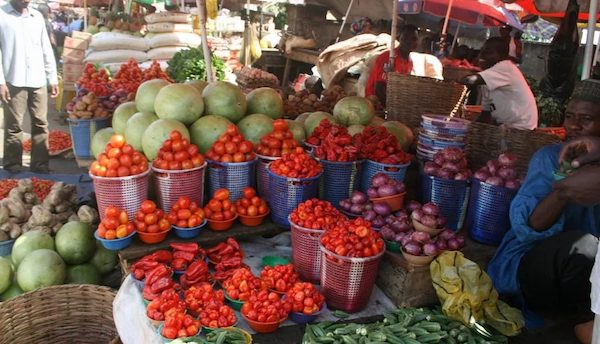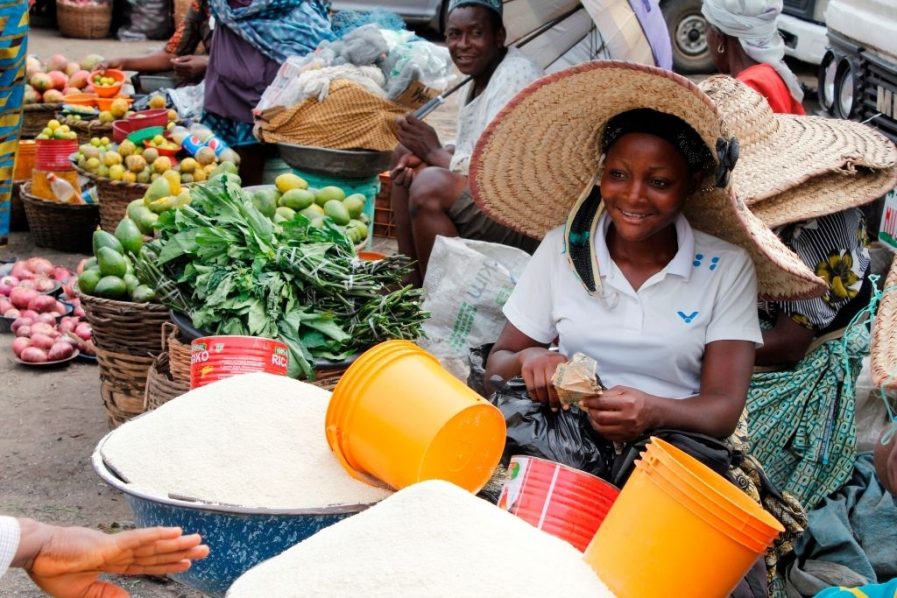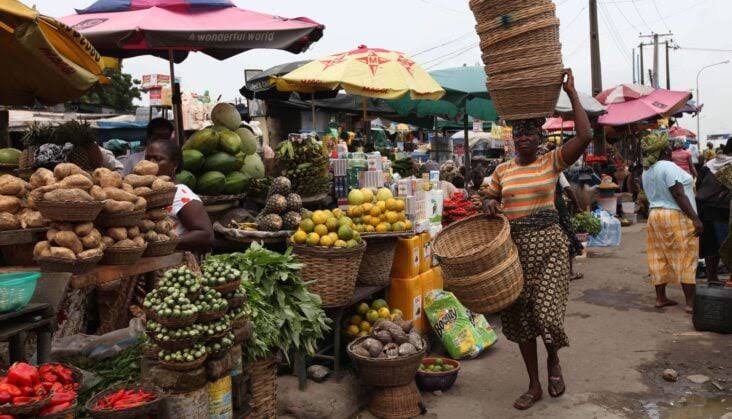
Nigeria is facing a severe food crisis as food prices soar and hunger frustrates millions of people.
According to a report by AFEX, one of Africa’s leading commodities companies, Nigeria has a food shortage of 5.7 million metric tonnes across human consumption and agro processing which breeds hunger.
The report, which was unveiled in a hybrid event over the weekend, ranked Nigeria 109th out of 125 countries on the Global Hunger Index, indicating a severe food security crisis.
The report also revealed that food inflation in Nigeria reached a historic high of 30.64%, making food unaffordable for many Nigerians.

The report warned that if prices continue to surge, as witnessed in the 2023 season, food security challenges will continue to persist, further reducing the continent’s capacity to achieve Zero hunger by 2030.
The report called for urgent interventions to improve agricultural productivity and access to farmland for cultivation in crucial areas.
The report noted that there was an increase in the usage of improved inputs, such as high-yielding seeds and fertilizers, compared to last season, which contributed to Maize and Paddy rice being forecasted to have a significantly higher production this season.
However, input lending remains a major challenge today, with agriculture making only 6.16% of bank lending in 2022.
The President/CEO of AFEX Nigeria, Akinyinka Akintunde, speaking during the launch of the report said: “This year, we nearly doubled our sample size from 20,677 to 39,091 to get an accurate reflection of the current state of Agriculture production, and we found that we must take extra care to prioritize improvement in agricultural productivity for these farmers, and this is hinged on investing in the sector, and solving for infrastructure, logistics, and technology gaps.
“This transformation will substantially enhance food self-sufficiency and increase our ability to meet the nutritional and food security needs of a growing population while also bolstering the economy through foreign exchange earnings.”
He also lamented the shortage of reliable data in the agriculture sector, which affects the availability of transparent pricing and limits participation from capital market operators and financial market players, as well as farmers’ ability to negotiate equitable contracts for themselves.

He said that the report attempts to bridge that gap by building a reliable data bank to promote market education and facilitate accurate trading decisions.
The report also forecasts higher prices for Paddy rice, Soybean, Sorghum, Cocoa, and Sesame in the coming season, which could further worsen the food crisis in Nigeria.
The report, therefore, urged the government and other stakeholders to take proactive measures to address the food security challenges and ensure food availability and affordability for all Nigerians. #hunger








Leave a Reply